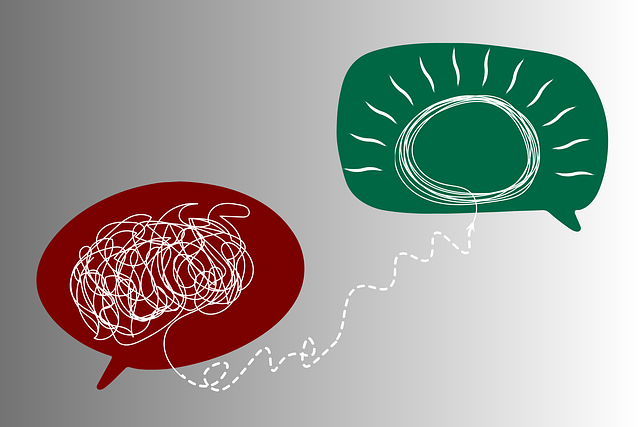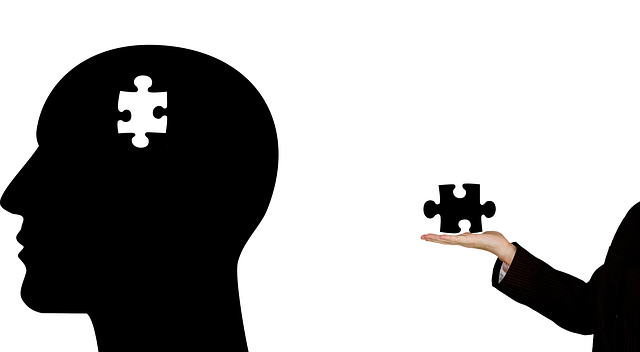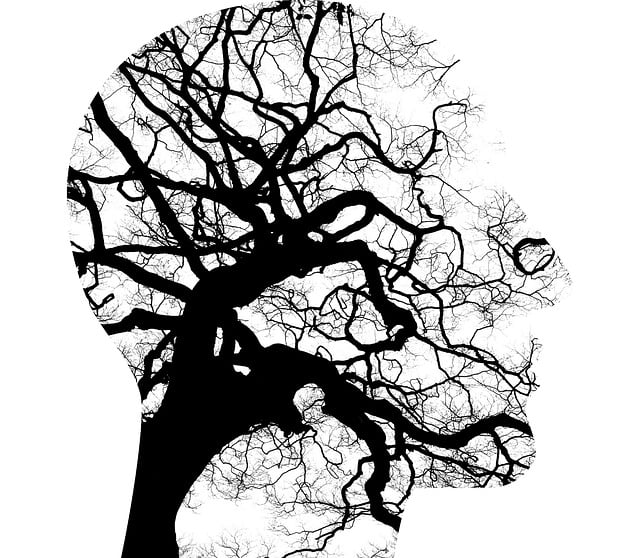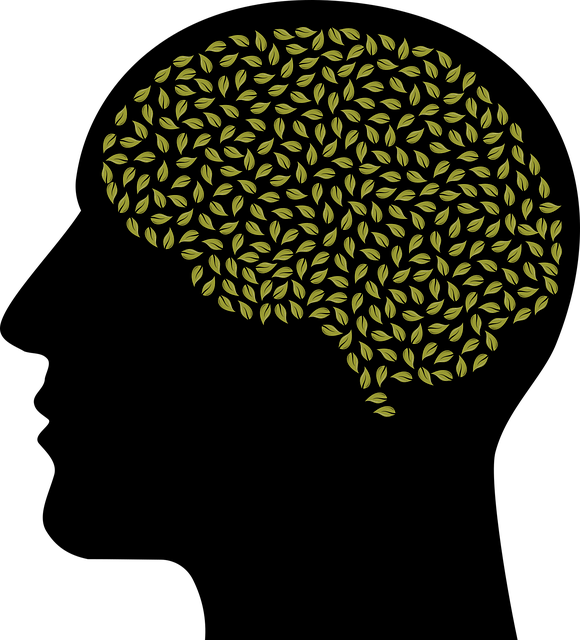Mental wellness is a holistic state achieved through managing thoughts, feelings, and behaviors. Self-care, including mindfulness meditation and journaling, enhances emotional intelligence and cultivates compassion. Recognizing personal needs, setting boundaries, and introspecting aids in navigating emotional landscapes. Englewood Adjustment Disorder Therapy (EADT) provides tools for identifying negative thought patterns and building resilience. A structured self-care routine, incorporating exercise, sleep, and mindfulness, promotes mental wellness and fosters a healthier mindset through EADT integration. Journaling tracks progress, enabling informed adjustments to meet unique needs.
Developing a mental wellness self-care routine is essential for overall well-being, especially with the help of techniques like Englewood Adjustment Disorder Therapy. This article guides you through understanding mental wellness and its connection to self-care, recognizing personal needs and setting boundaries, crafting a routine with essential components, incorporating EAD Therapy practices, and maintaining consistency to track progress. Embrace a holistic approach to foster resilience and enhance your mental health.
- Understanding Mental Wellness and Self-Care
- Recognizing Personal Needs and Boundaries
- Crafting a Routine: Essential Components
- Incorporating Englewood Adjustment Disorder Therapy Techniques
- Maintaining Consistency and Tracking Progress
Understanding Mental Wellness and Self-Care

Mental wellness is a holistic concept encompassing various aspects of an individual’s emotional, psychological, and social well-being. It involves understanding and managing one’s thoughts, feelings, and behaviors to foster a sense of balance and contentment. Self-care, on the other hand, is the practice of proactively taking care of one’s physical, mental, and emotional health. It’s about recognizing that our overall wellness is deeply interconnected, and nurturing each aspect requires dedicated attention and effort.
Englewood Adjustment Disorder Therapy, among other therapeutic practices, offers valuable tools to enhance mental wellness and develop effective self-care routines. Emotional Well-being Promotion Techniques, such as mindfulness meditation and journaling, can help individuals cultivate emotional intelligence—the ability to recognize and manage one’s own emotions, as well as understand and empathize with others. Additionally, Compassion Cultivation Practices have been shown to foster a deeper sense of connection and compassion towards oneself and others, which is integral to maintaining healthy relationships and a positive mindset.
Recognizing Personal Needs and Boundaries

Recognizing your personal needs and boundaries is a crucial step in developing an effective mental wellness self-care routine. It involves understanding what brings you joy, peace, and balance, as well as what triggers stress or discomfort. This process may require introspection and even professional help from therapists specializing in Englewood Adjustment Disorder, who can guide you through emotional healing processes. By paying attention to your feelings, thoughts, and behaviors, you begin to identify patterns that contribute to your mental wellness or hinder it.
Setting boundaries is an integral part of this journey. It means learning to say no when needed, prioritizing self-care activities, and allocating time for relaxation and rejuvenation. Incorporating practices like mindfulness meditation can significantly enhance your mental wellness routine, helping you cultivate a deeper sense of calm and awareness. These tools empower individuals to navigate their emotional landscapes with greater ease and resilience, fostering overall mental wellness.
Crafting a Routine: Essential Components

Crafting a mental wellness self-care routine is an empowering step towards managing and improving one’s overall well-being. This process involves personal introspection to identify unique needs and triggers, especially for those individuals navigating conditions like Englewood Adjustment Disorder. A well-structured routine should be tailored to nurture both the mind and body, encompassing various therapeutic practices that promote emotional resilience.
Key components include incorporating activities that enhance Emotional Intelligence—a powerful tool in understanding and managing emotions. This might involve daily journaling, mindfulness exercises, or engaging in creative outlets like art therapy. Crisis Intervention Guidance can also play a vital role, offering strategies to navigate stressful situations and prevent escalation. Additionally, adopting Mind Over Matter principles encourages individuals to challenge negative thought patterns and cultivate a positive mindset, which is crucial for long-term mental wellness.
Incorporating Englewood Adjustment Disorder Therapy Techniques

Englewood Adjustment Disorder Therapy (EADT) offers a powerful framework for individuals seeking to enhance their mental wellness and develop robust self-care routines. This therapeutic approach focuses on empowering clients to navigate life’s challenges with adaptability and resilience, making it an invaluable tool for anyone aiming to improve their overall well-being. By incorporating EADT techniques, one can learn to identify and challenge negative thought patterns, fostering a healthier mindset.
This therapy emphasizes self-awareness and encourages individuals to engage in regular reflection, a key aspect of risk management planning for mental health professionals. Through practice, these strategies aid in anxiety relief and build resilience, enabling people to cope effectively with stressful situations. By integrating EADT into their self-care regimen, individuals can create a balanced routine that promotes mental wellness, enhances overall productivity, and significantly contributes to a fulfilling life.
Maintaining Consistency and Tracking Progress

Maintaining a consistent self-care routine is key to seeing progress in your mental wellness journey. Consistency allows for the development of healthy habits that support emotional regulation and mood management, such as regular exercise, adequate sleep, and mindfulness practices. Incorporate these activities into your daily or weekly schedule to foster stability and resilience.
Tracking your progress is another vital aspect of this process. Journaling can be an effective tool to monitor your emotions, thoughts, and behaviors. Reflect on what coping skills development has been beneficial and identify areas where you may need additional support. This practice enables you to make informed adjustments, ensuring that your self-care routine aligns with your unique needs, especially in managing symptoms associated with conditions like Englewood Adjustment Disorder Therapy.
Developing a mental wellness self-care routine is a powerful tool for managing stress and improving overall well-being. By understanding the importance of mental health, recognizing personal needs, and incorporating effective techniques like Englewood Adjustment Disorder Therapy, individuals can create a personalized practice that fosters resilience and tranquility. Consistency and tracking progress are key to reaping the benefits, allowing one to adapt their routine as needed and celebrate their achievements along the way.














